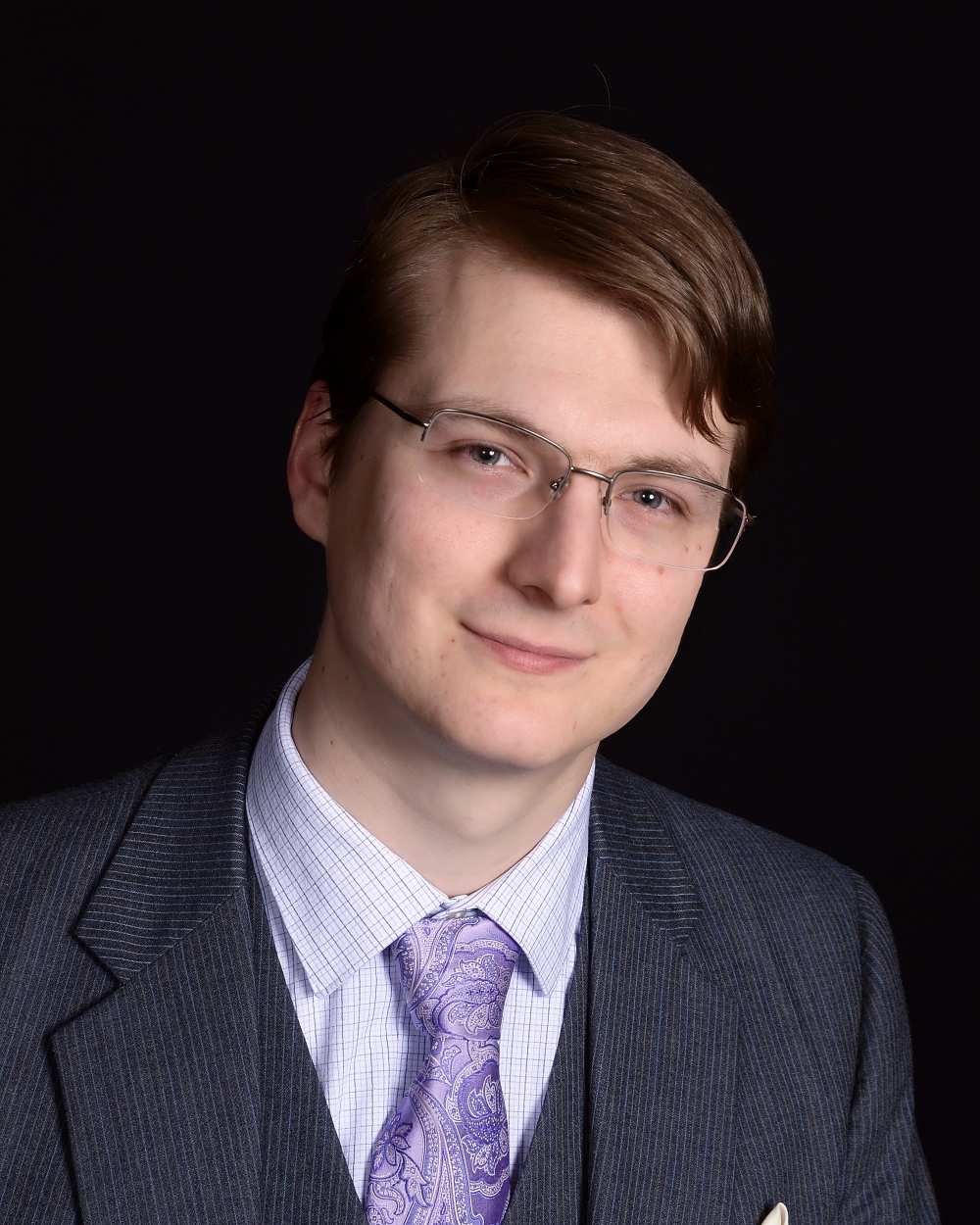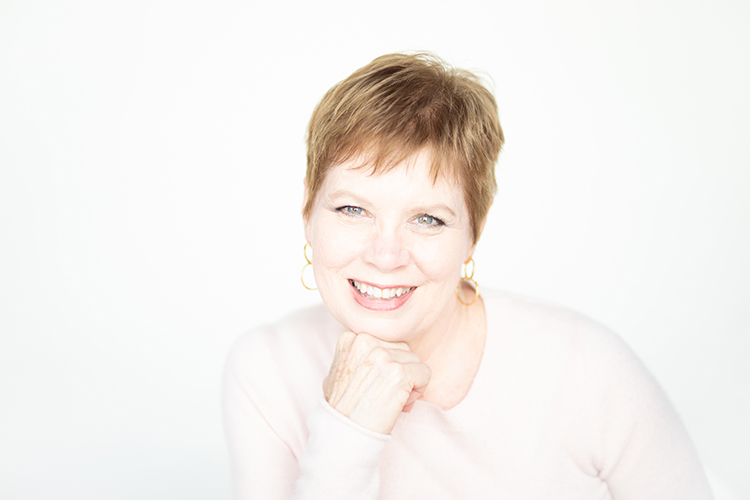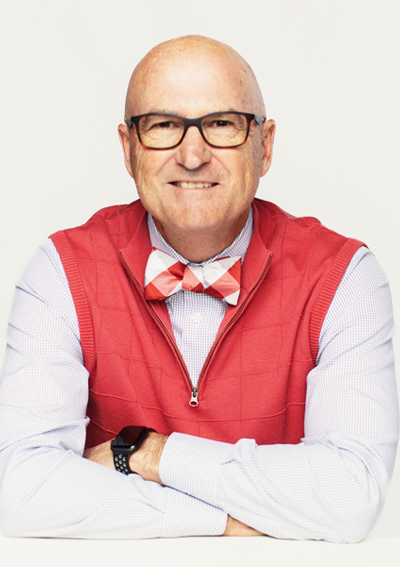By Paul Cutelli, Director of Technology
Ever since I was old enough to think about history, I have wondered why humankind continues to perpetuate a seemingly endless cycle of harm, help, and then a blissful return to the status quo not really addressing the issues that caused harm in the first place. A tragedy strikes, we rally to assist those effected, and then time and time again, once we start to feel good about the aid rendered, we fall back into the complacency of everyday life (See: Haiti, all the issues they still are dealing with post-earthquake from 2010). Society rarely gets the opportunity to enact a real change that could have an enduring effect, something that doesn’t just put the proverbial bandage on the un-healing wound. That is why this new student-led movement growing from Parkland, Florida, has caught my attention.
These students from South Florida have been through a terrible experience, one that I hope never transpires anywhere else ever again. Instead of letting the trauma fade away and be yet another “bandage” scenario, they are telling us that they feel something is wrong, something ought to be done to fix it.
It is quite refreshing as a person who believes in the importance of both empathy and civics that these youth are encouraging us to find a way to break the repetition of pain, recovery, and forgetfulness. In a time where it is easy to disconnect from society with smart phones and computers, these students are putting themselves squarely in the public eye with their activism, making sure their voices are heard. It gives me a great hope for the future of the nation and our democratic values.
Yet what can we, the adults, take from this movement? Regardless of the politics involved, perhaps you can agree with me that we should follow the example of the Parkland students and try to break the status quo, stop acting like the hurt/help cycle is acceptable, and begin to listen to each other. Let’s have conversations about pains, past and present, no matter how hard those conversations might be, and try to suture the wounds that were created.
Through a rational, empathetic, and cathartic discussion, I believe we can break this loop and begin to be true neighbors to each other.




